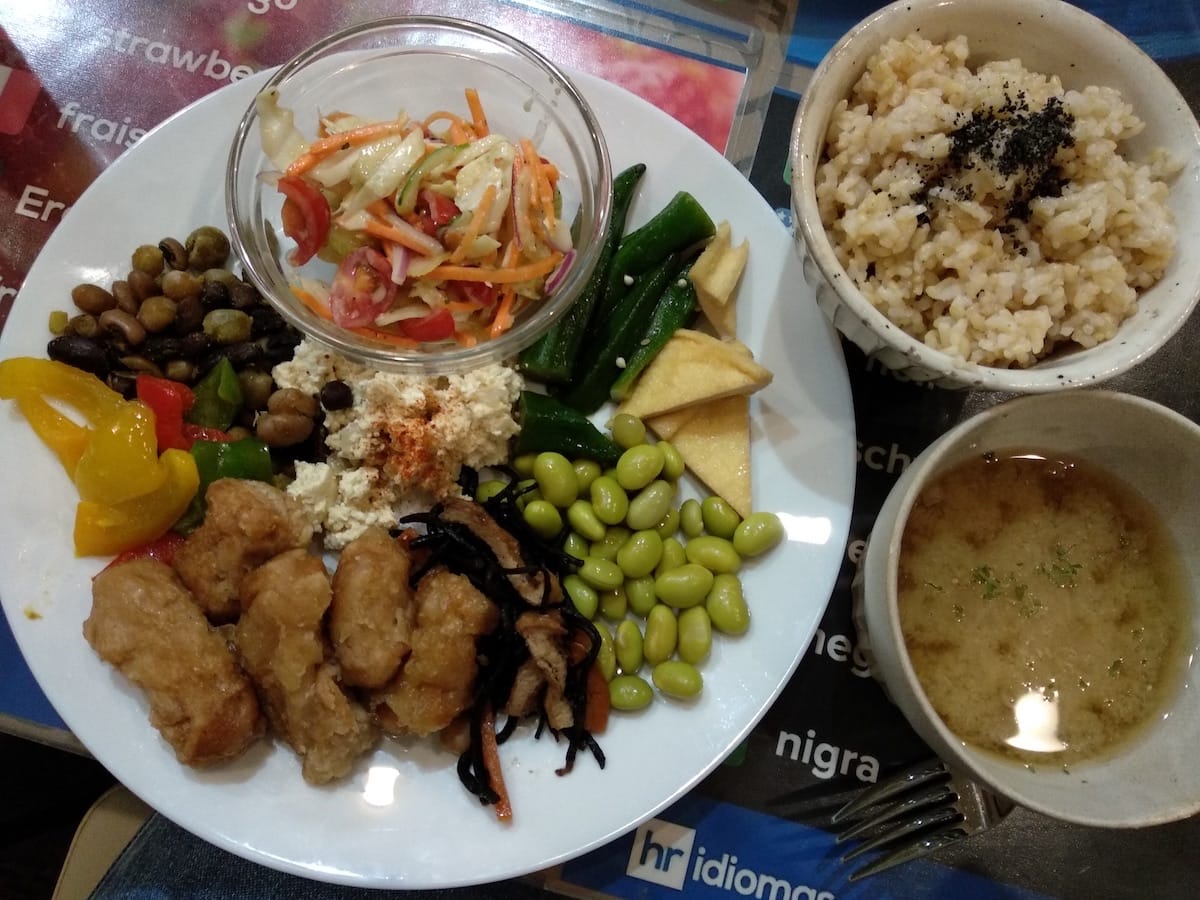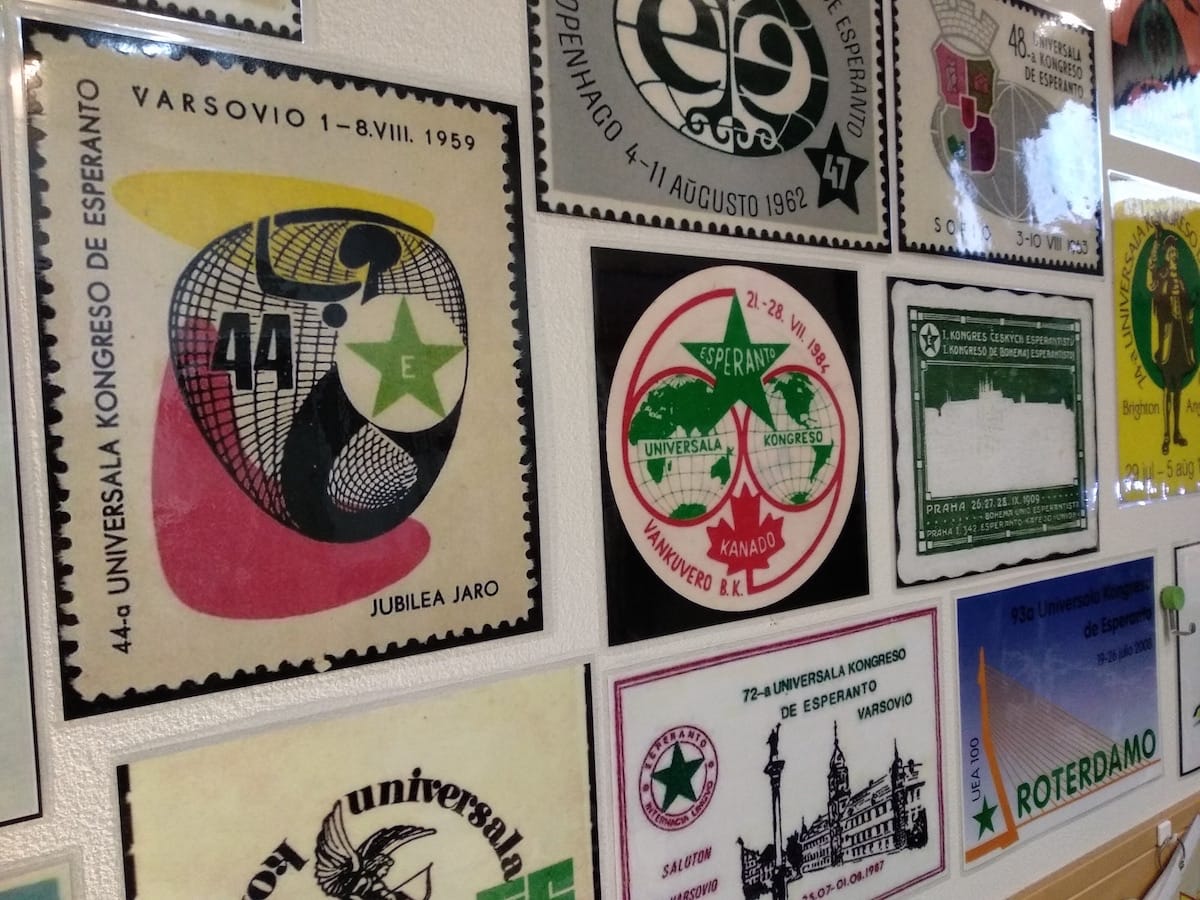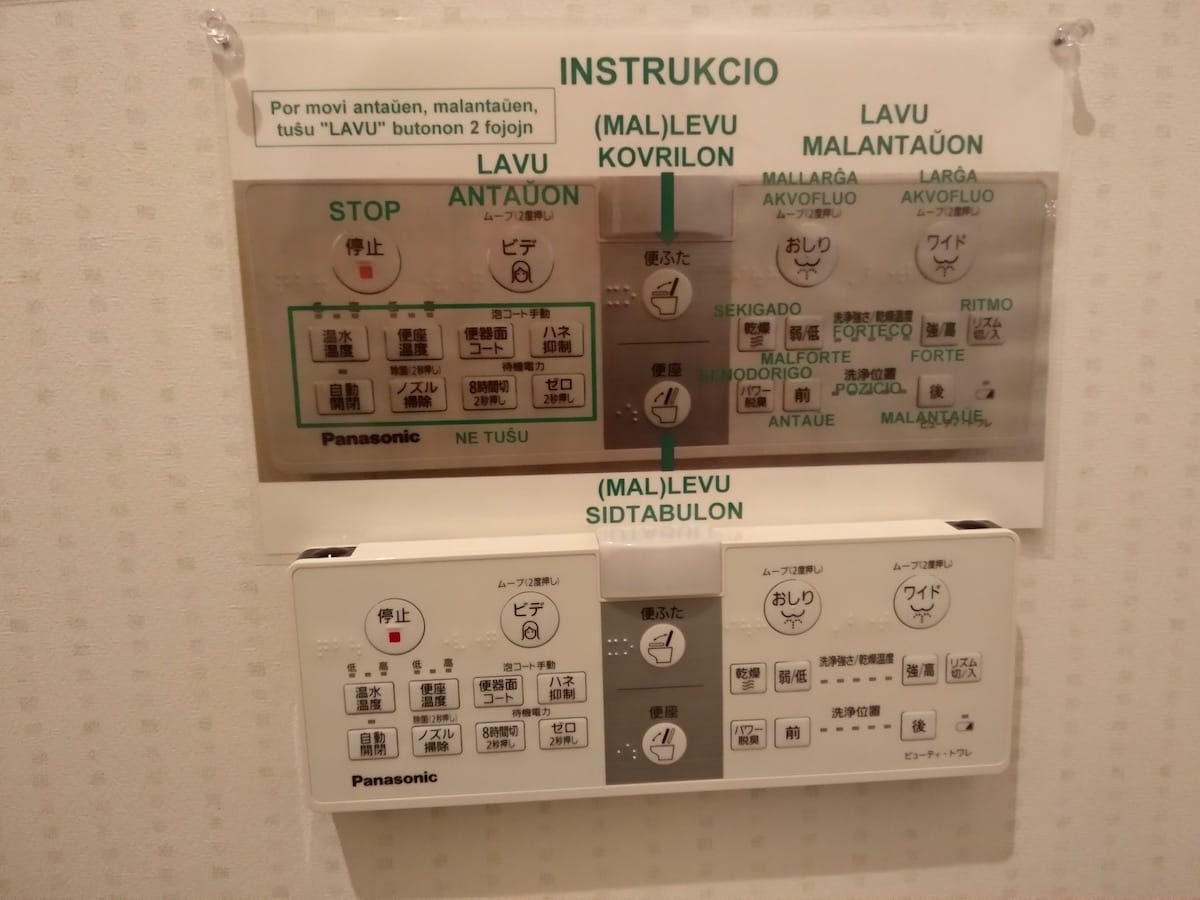We all like Japanese food items, but sometimes it’s awesome to have a transform, and I do not imply a excursion to Carl’s Jr. When I want to try to eat one thing reassuringly healthy, nourishing and tasty, I head to Sojo Esperanto-Vegana Kafejo, a tiny vegan cafe in Waseda which also takes place to be a hub for the city’s small neighborhood of Esperanto speakers.
Sojo is quite a lot a a person-gentleman band, so the owner-chef has a minimal menu, which changes day to working day. All foods come with a little salad, brown rice and soup, and there’s also a small a la carte menu. Brown rice is quite a rarity in Tokyo and helps make a welcome improve, as it is each tastier and much more filling than common-difficulty white rice.
The chickpea curry comes really suggested, as does the property wine, a robust natural crimson wine from Spain, which will set you back again a pretty realistic ¥1,800 for a bottle.

Image: George Lloyd
You’d be forgiven for considering that vegetarian delicacies is an unique import, but in reality, it has a extensive history in Japan. Shojin ryori 精進料理 is the regular diet of Japan’s Buddhist monks and grew in level of popularity just after the arrival of Zen Buddhism in the 13th century. A typical shojin ryori meal is centered all-around food created from soybeans, like tofu, alongside with seasonal veggies and wild mountain crops. Sojo’s menu displays the chef to be wondering along equivalent traces.
The menu is in Esperanto, but really do not be concerned, it is also in English and Japanese. The chef is an Esperanto speaker and silent advocate. On the restaurant’s walls are reproduction prints celebrating Esperanto congresses close to the globe dating back again to the transform of the 20th century. Even the recommendations on how to flush the toilet are in Esperanto.

Photograph: George Lloyd
Esperanto is a fascinating language. It was produced by an idealistic Polish eye doctor identified as L. L. Zamenhof in 1887, extensive before English became the world’s de facto 2nd language. The phrase translates into English as “one who hopes.” Alas, the hope that Esperanto would a single day turn into a universal second language has appear to naught. Having reported that, with two million speakers all around the earth, researching Esperanto is not really as obscurantist an endeavor as you could possibly assume.

Photograph: George Lloyd
Sojo has a calming, homely ambiance, which is partly down to the owner’s pleasant, unfussy service. The rates are exceptionally affordable – the established food, which will keep you heading for a week, is just ¥900.
You are going to locate it just down the road from Waseda University, which lends the put an academic vibe. There is a small library of guides about veganism, vegetarianism, and Esperanto, which you’re welcome to borrow.
Sojo Esperanto-Vegana Kafejo keeps restricted hours. It is not open up on Monday or Tuesday, and all through the rest of the 7 days it’s only open concerning 5 pm and 9 pm, however it opens at 3 p.m. on Saturday and Sunday.
For critiques and far more information, see below.
Go through more stories from grape Japan.
— Drawing inspiration from spicy ramen and the kindness of strangers [manga]
— Generating vegan and organic and natural dishes in Japan
- Exterior Link
-
https://grapee.jp/en/
© grape Japan